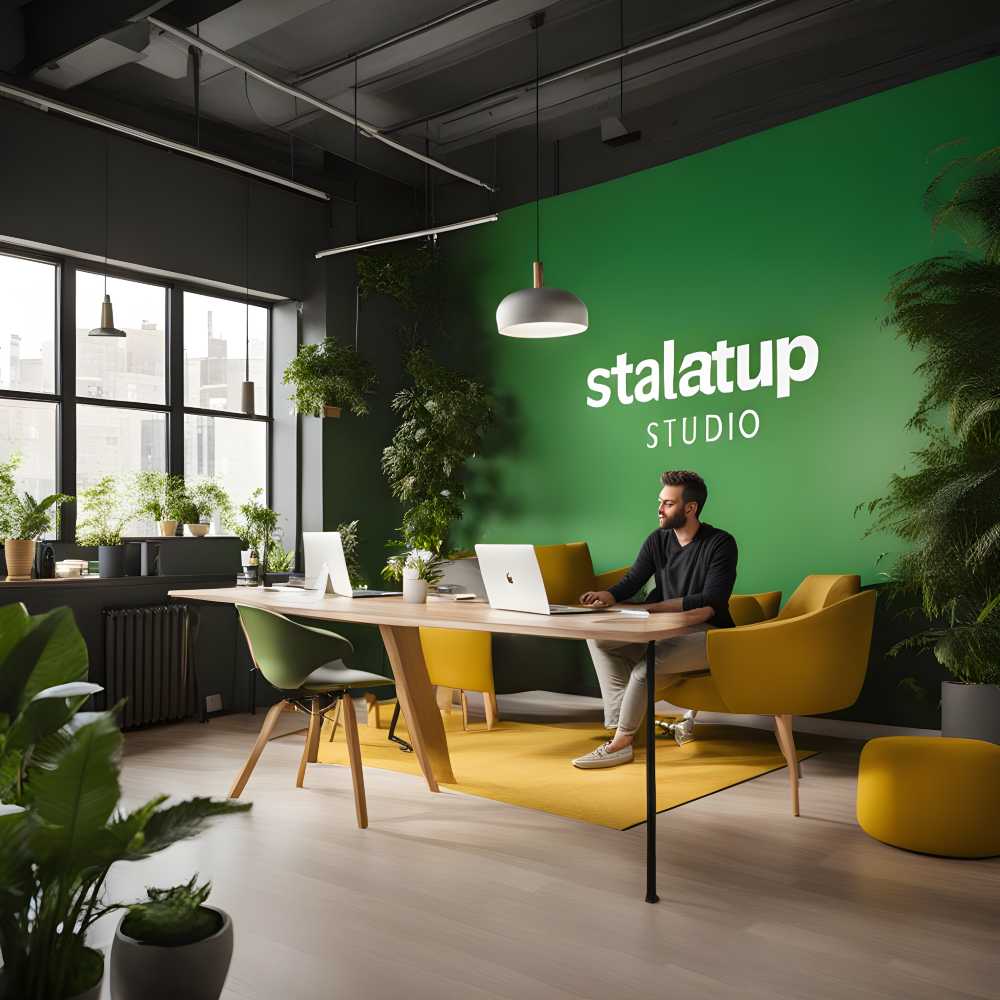Introduction
In the ever-evolving landscape of entrepreneurship, startup studios have emerged as a compelling alternative to traditional venture capital and incubators. These “venture builders” or “startup factories” systematically create new companies by leveraging shared resources, expertise, and initial capital. But as with any innovative model, the startup studio approach comes with its own set of advantages and challenges. Drawing from European examples, this article delves into the rise of startup studios and critically examines their place in the entrepreneurial ecosystem.
The Startup Studio Model: A Deeper Dive
Startup studios, at their core, are innovation hubs. Unlike traditional incubators or accelerators that support external startups, startup studios proactively ideate, validate, and build companies from scratch. They then either spin them off as independent entities or maintain them under their umbrella. This model allows for rapid experimentation, with studios often working on multiple ideas simultaneously.
The real strength of a startup studio lies in its ability to iterate quickly. If one idea doesn’t gain traction, resources can be reallocated to more promising ventures. This iterative approach, combined with shared resources, reduces the time and cost typically associated with launching a startup. Moreover, the collective expertise within the studio provides startups with a competitive edge, ensuring they are market-ready in a shorter timeframe.
European Pioneers: Leading the Charge in the Startup Studio Movement
eFounders (France)
One of Europe’s most notable startup studios, eFounders, has been behind several successful SaaS companies, including Front, Aircall, and Spendesk. By focusing on recurring pain points in the business software space, eFounders has consistently launched startups that address specific market needs.
Rocket Internet (Germany)
Perhaps one of the most controversial yet successful startup studios, Rocket Internet, is known for its “copycat” strategy. They replicate successful business models from other regions, adapt them to local European markets, and scale rapidly. Companies like Zalando and Foodora owe their origins to Rocket Internet’s unique approach.
Betaworks (UK)
Betaworks, originally from the US, expanded its operations to Europe, with a presence in the UK. Known for its hands-on approach, Betaworks has been instrumental in the growth of companies like Bitly and Giphy. Their model emphasizes building and investment, making them a hybrid between traditional VCs and startup studios.
The Family (France, UK, Germany)
The Family nurtures entrepreneurs through education, unfair advantages, and capital. With offices in Paris, London, and Berlin, The Family has supported a diverse range of startups, including Agricool and Side. Their holistic approach to entrepreneurship sets them apart in the startup studio landscape.
Advantages: Why Some Entrepreneurs are Opting for Startup Studios
-
- Shared Resources: Startups benefit from pooled resources, such as marketing teams, tech platforms, and operational expertise, reducing initial overhead costs.
- Collective Expertise: Being part of a studio provides startups with immediate access to a network of experienced mentors, industry experts, and potential partners.
- Risk Diversification: With multiple ventures under one roof, the success of a single startup can offset the failures of others, creating a safety net for investors and founders alike.
Challenges: The Other Side of the Coin
-
- Diluted Focus: With multiple startups in the pipeline, there’s a risk of spreading resources and attention too thin, potentially stunting the growth of individual ventures.
- Loss of Autonomy: Entrepreneurs might find their vision compromised or redirected by the overarching goals and strategies of the studio.
- Equity Distribution: As studios invest resources and capital, they often take significant equity stakes in the startups, which might deter some founders.
A Critical Perspective: Is the Studio Model Sustainable?
While the successes of eFounders and Rocket Internet are commendable, it’s essential to question the long-term sustainability of the startup studio model. The rapid scaling approach, especially as seen with Rocket Internet, can lead to market saturation and reduced innovation. Moreover, while shared resources are a boon, they can also lead to a homogenized startup culture, potentially stifling unique ideas and solutions.
Furthermore, the European market, with its diverse cultures and regulatory environments, presents its own set of challenges. What works in one country might not necessarily translate seamlessly to another, even within the European Union.
Conclusion
Startup studios undeniably offer a fresh perspective on entrepreneurship, merging the creativity of startup culture with the resources of more established entities. Their rise in Europe, marked by successes like eFounders and Rocket Internet, showcases the potential of this model. However, as with any innovative approach, it’s crucial to weigh the benefits against the challenges. As the European entrepreneurial landscape continues to evolve, it remains to be seen whether startup studios will solidify their place as a mainstay or gradually fade as a transient trend.




